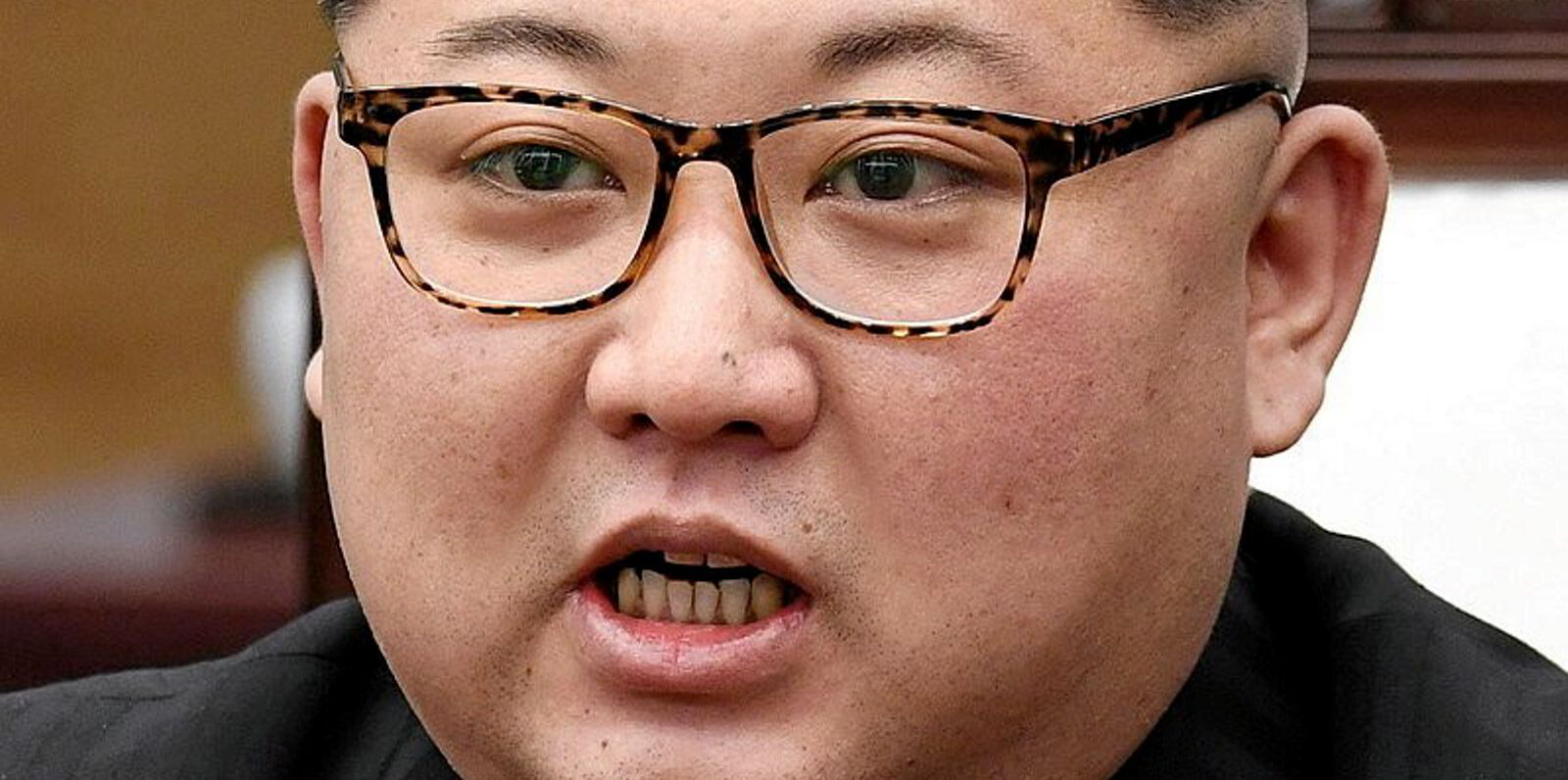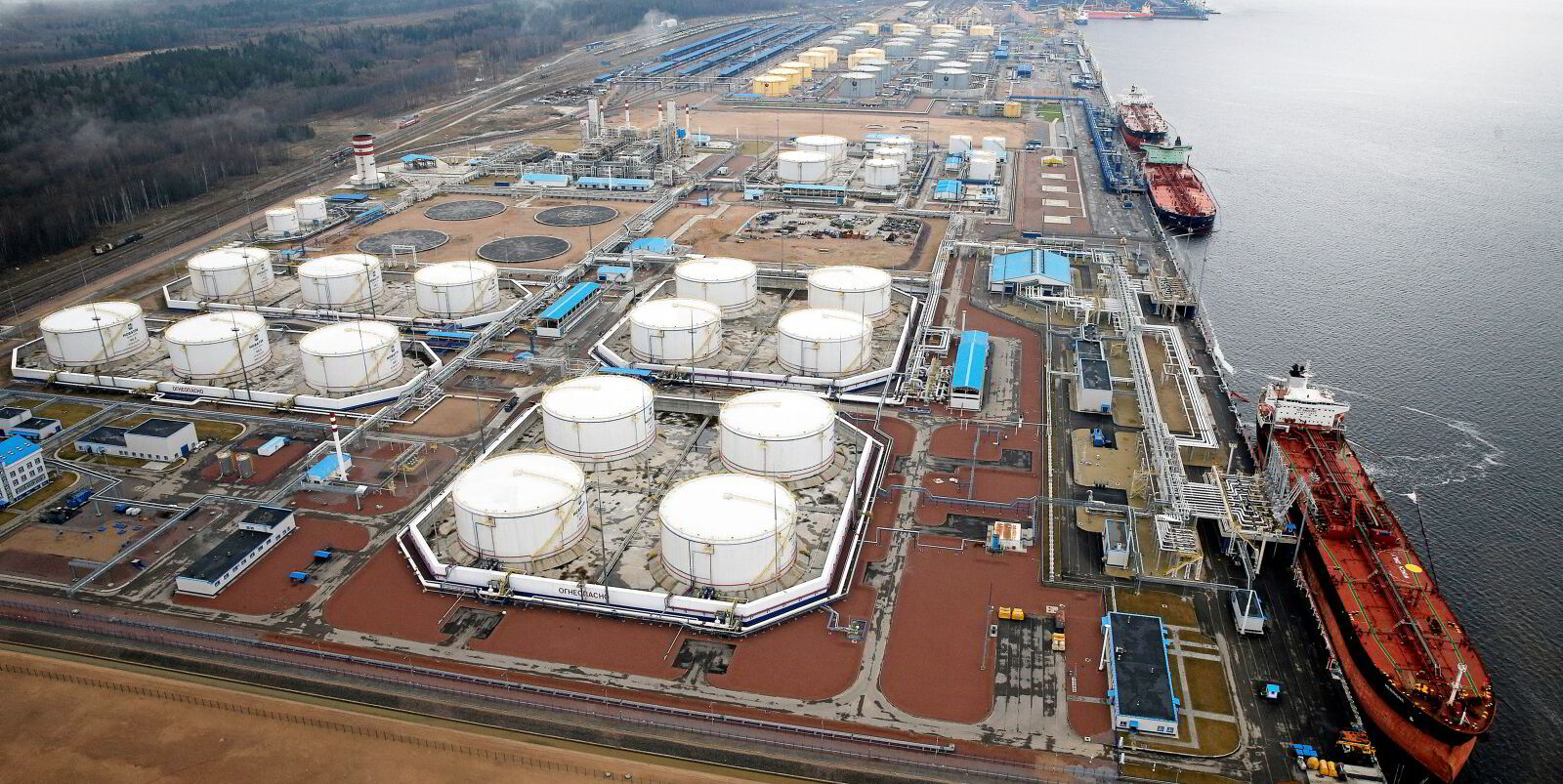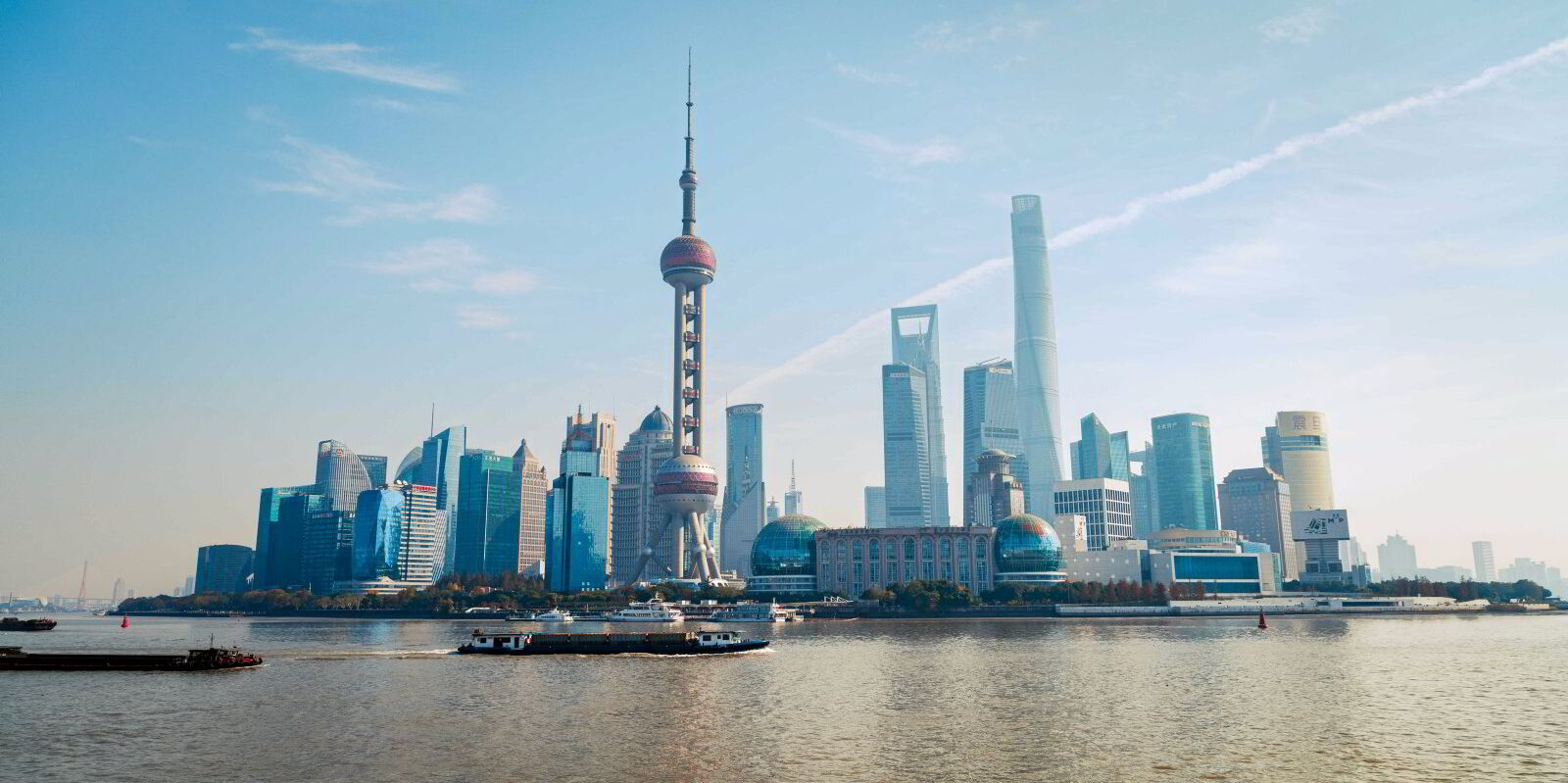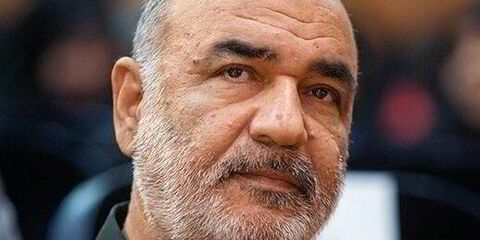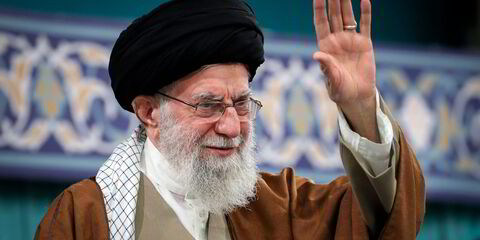South Korea has imposed sanctions on a Hong Kong shipowner and a North Korean vessel over what it claims was an illegal coal cargo transfer.
The country’s foreign ministry said the measures apply to HK Yilin Shipping and the 14,000-dwt general cargo ship Tok Song (built 2009), according to Reuters.
HK Yilin’s 3,000-dwt general cargo ship De Yi (built 2006) took the coal from the Toksong Shipping vessel in March off North Korea’s western port of Nampoin in a ship-to-ship transfer.
This violated two United Nations Security Council resolutions imposed because of North Korea’s illegal weapons programmes, the ministry said.
The De Yi is listed as operating under an unknown flag by the Equasis database. AIS data shows it flagged in Togo.
The Anadolu news agency said any entity planning to engage in financial transactions with HK Yilin Shipping now needs to obtain authorisation from South Korea’s financial watchdog and its central bank.
South Korean authorities seized the De Yi while it was heading to Vladivostok in Russia, the agency reported. It remains at anchorage in Busan, South Korea.
The Security Council has banned North Korea from exporting coal, iron ore and other mineral resources.
“The government will continue to take strong and consistent legal measures against ships and shipping companies involved in the transportation of prohibited items and violation activities as per the UN Security Council sanctions,” the ministry said.
Neither shipping company could be contacted for comment.
European Union focus on North Korean ships
In April, European Union sources said a new sanctions round would include measures against North Korean cargo ships carrying military equipment to Russia.
Western nations have claimed that Pyongyang is supplying Moscow with weapons including ballistic missiles and ammunition.
The US said in February that North Korea had transported more than 10,000 containers of such material since September.
A document seen by Reuters showed 40 companies were due to be added to the sanctions list, including Russian companies sourcing arms for the military, and firms in other countries that have sold electronics equipment for Russian military use.
Reuters reported that these companies, based in the United Arab Emirates, Kyrgyzstan, Turkey and China, are accused of selling products originating in the EU and US.(Copyright)
